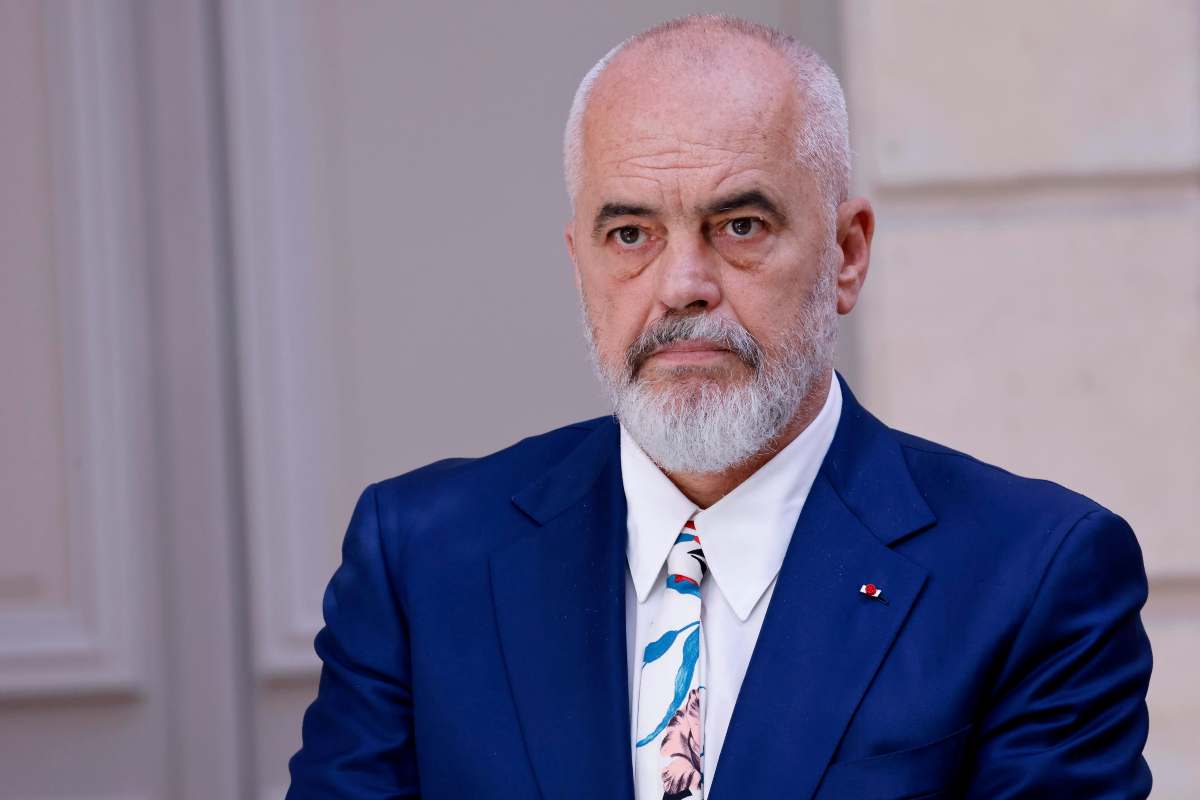PM lashes out at SPAK about election surveillance

Albanian Prime Minister Edi Rama has called on the Special Anti-Corruption Structure (SPAK) to halt all forms of political party surveillance during the upcoming May 11 parliamentary elections. He described SPAK’s decision to deploy investigative teams in the field as a blatant violation of Albanians’ political rights and a direct interference in the electoral process.
Just hours later, in what appeared to be a clear challenge to the executive branch, SPAK publicly released its “Investigation and Prevention Strategy for Electoral Crime: 2025 Elections”, solidifying its plan to monitor the election process in unprecedented ways.
Why is this important: SPAK has created a special task force, split into two investigative teams, tasked with preventing and investigating electoral crimes before and after the May 11 elections. These teams will be deployed in all 12 electoral districts of Albania. This on-the-ground investigation approach is unprecedented, as prosecutors will be actively present during the campaign period where political parties hold their activities. While SPAK claims the initiative aims to combat vote-buying, critics argue it positions the anti-corruption body as an actor in the electoral campaign, rather than an impartial observer.
Context: Several political parties, including both the ruling Socialist Party (SP) and opposition forces, have accused SPAK of overstepping its constitutional mandate and risking a shift toward prosecutorial authoritarianism.
Despite Albania having a High Justice Inspector (ILD) for over five years, there have been no formal investigations into SPAK’s cases or Special Court rulings—many of which have been criticized by defense lawyers and legal experts for exceeding human rights norms. Some rulings appear to be synchronized with prosecutors’ demands, a pattern seemingly confirmed by SPAK Chief Altin Dumani, who admitted in a slip of the tongue during a High Council of Prosecutors hearing: “Every acquittal has been appealed by prosecutors, and obviously, courts always rule in our favor—even in cases where defendants plead guilty and we send them for retrial.”
What will the task force do: The SPAK task force will monitor and investigate electoral crimes. It will focus on issues related to:
- Misuse of public administration and state resources during elections
- Involvement of organized crime in vote-buying and election fraud
- Tracking financial irregularities, particularly the use of state funds and public investments during the campaign period
- Establishing direct communication between the National Bureau of Investigation (BKH) and the Central Election Commission (CEC)
- Creating an anonymous reporting platform for citizens to denounce electoral crimes, including corruption and illegal funding of political campaigns
- Analyzing media and social media content for potential violations
SPAK’s election crime strategy is based on:
- Field verification of alleged electoral violations
- Monitoring public budgets and government spending to detect misuse during the campaign
- Active cooperation with institutions, including the General Prosecutor’s Office, State Police, CEC, international bodies, and civil society organizations
Prime Minister response: PM Rama strongly condemned SPAK’s surveillance plan, warning against turning Albania into a prosecutor-controlled state:
“Political parties cannot be monitored in an electoral process. I hope this is just a momentary lapse in judgment and that all surveillance is immediately halted. We cannot return to such dark times where those involved in politics are under constant watch. The fight against electoral crime must happen within constitutional boundaries. Anything beyond that is a flagrant violation of the political freedoms of Albanians and their representatives.”
Background on elections in Albania: SPAK was already operational during the 2021 and 2023 elections, when video evidence surfaced of former President Ilir Meta’s party members distributing money in exchange for votes. Yet, no high-profile vote-buying cases have gone to trial.
The only exception was the case of opposition candidate Fredi Beleri, who was arrested in flagrante delicto in Himarë for attempting to buy votes. He was sentenced to two years in prison but later released early, allowing him to be elected as an MEP under Greek PM Kyriakos Mitsotakis’ party.
SPAK’s new investigative task force may be an effort to reverse its track record of inaction against electoral crime. However, the decision to deploy investigators in the field during the campaign has received criticism of judicial overreach and heightened political tensions just months before the elections.


